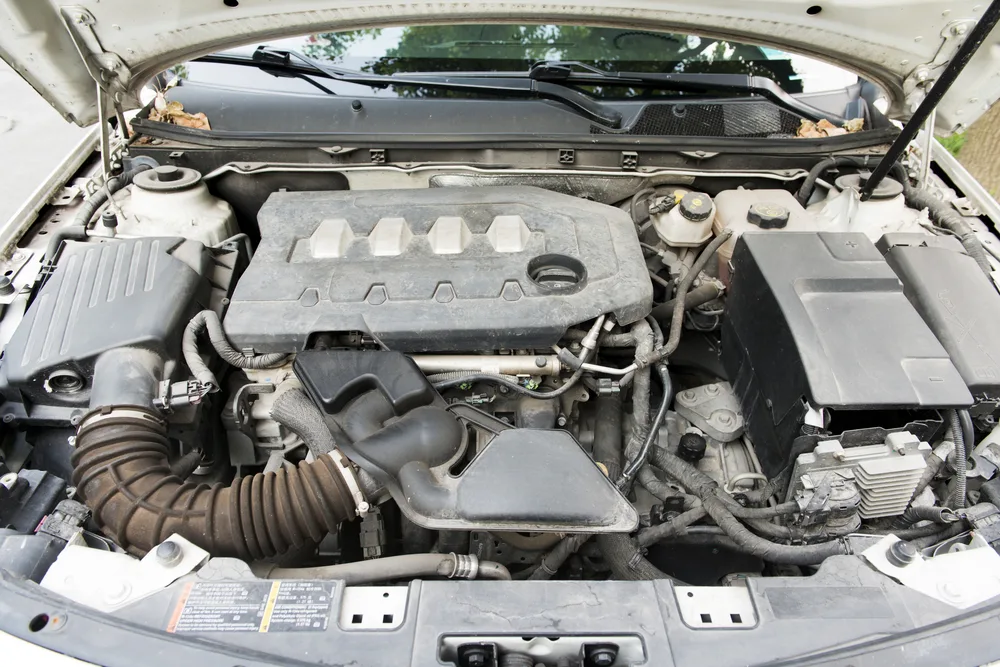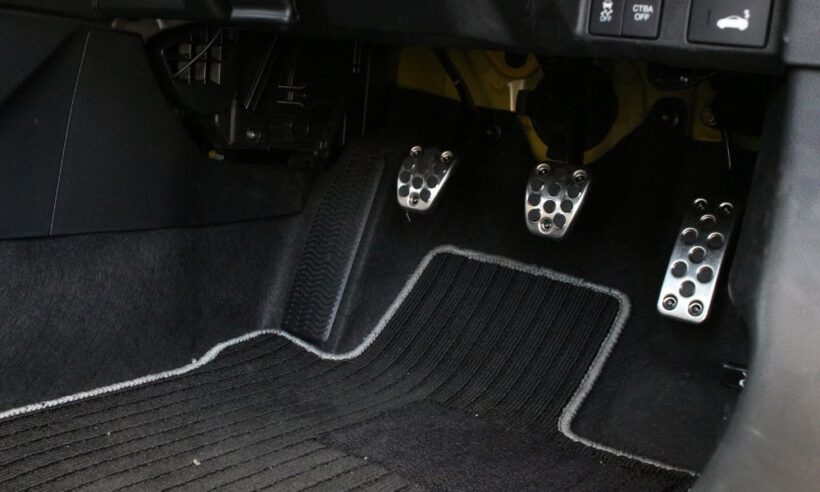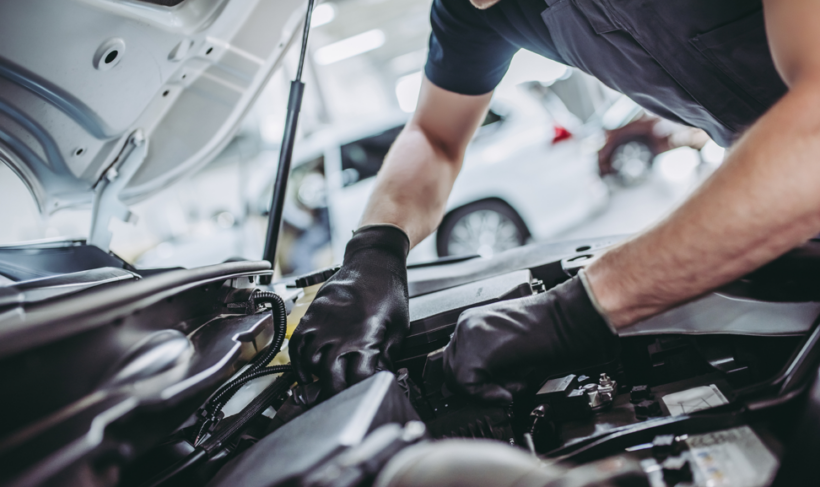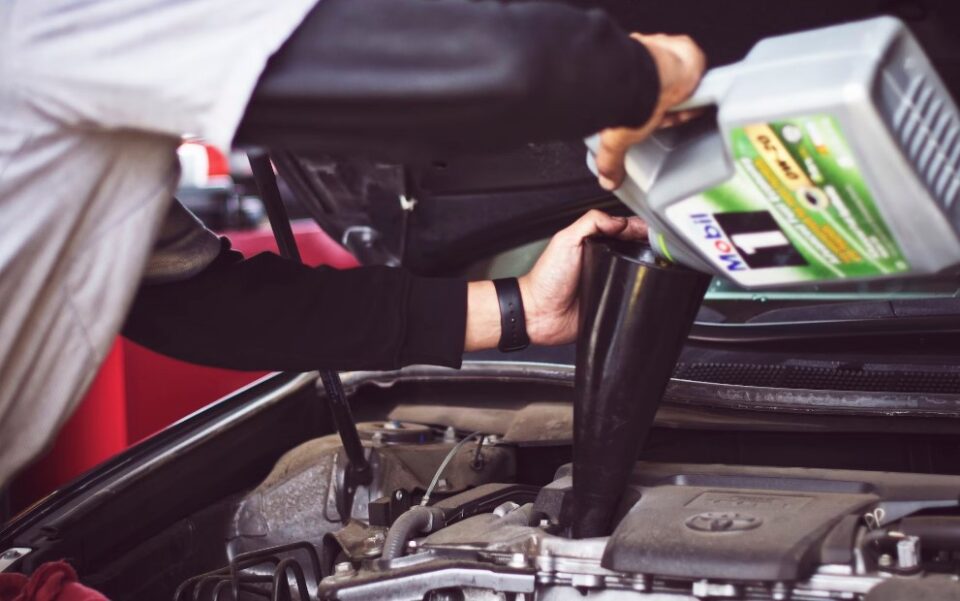Irrespective of the model, make, or manufacturer, every vehicle will develop issues with time. It’s a normal and inevitable part of a car’s aging process. However, ignoring common problems that exacerbate with time is never a good idea.
Though some issues only require a simple fix, other minor problems can manifest into serious issues when you leave them unattended, costing you a lot of money in expensive repairs. Continue reading this article to learn about three common car problems, their underlying reasons, and how you can solve them.
1. Engine Misfiring

Engines misfire when one or more cylinders in your car’s engine don’t combust the air-fuel mixture properly, igniting the unburned fuel in the exhaust system and causing a loud popping sound. This results in the engine not producing as much power as it should, causing your car to accelerate slowly and the engine to shake more than usual when idle.
Initially, engine misfires don’t signify a serious fault and can be easily fixed by replacing faulty components like ignition coils or spark plugs. When left unattended, however, with time, the engine will stop working entirely.
Multiple things can cause an engine to misfire; however, faulty spark plugs are one of the most common reasons for this issue. Spark plugs are small components of an engine that deliver the spark that ignites the air-fuel mixture. If they don’t work correctly, the engine doesn’t fire on all its cylinders. You can fix this issue by checking your car’s spark plugs and replacing them if they are dirty or worn out. If the problem persists, take your vehicle to a skilled mechanic,
Malfunctioning ignition coils are another reason for a misfiring engine. They convert the low-voltage output of a battery into a high-voltage surge that fires your engine’s spark plugs. A malfunction can cause a misfire in the engine’s cylinder the coil serves. It’s essential to get the coil replaced to fix this issue, and you can easily do it at home by using an online tutorial.
Other possible causes of engine misfires include faulty fuel injectors, vacuum leaks in the intake gasket, and a problematic Mass Airflow Sensor. If you’ve checked your car’s spark plugs and ignition coils and are sure the problem lies elsewhere, get your vehicle inspected by a skilled mechanic like cascadecollision.com.
2. Tight Clutch Pedal

In most vehicles, clutch pedals are normally smooth and very easy to operate, so tighter clutch pedals that require you to exert greater than normal force could signify a problem. A tight pedal puts excessive strain on the clutch disc and pressure plate, causing them to wear out faster. With time, without repairs, it can lead to clutch slipping, burning, and ultimately, failure.
The tight pedal could also indicate underlying issues in the hydraulic system, such as worn bearings, low fluid, or air bubbles. These problems can worsen if left unaddressed, leading to costly repairs like replacing the master or slave cylinder. A simple but overlooked cause of a tight pedal can be something under it that blocks it from being pressed down. Before proceeding with further inspection, ensure you’ve performed this simple check.
A loose clutch cable can also be the culprit. Clutch cables connect the pedal to a linkage that releases the clutch, allowing you to shift gears. Stretched-out and loose cables can require you to press the clutch pedal harder. Make sure you take your car to a mechanic to fix this issue and don’t attempt to change or tighten the cable yourself at home.
A faulty pivot ball is another possible cause. This part connects the pressure plate to the release bearing. If it gets damaged due to wear and tear, it can hinder the clutch from engaging correctly and cause stiffness.
A damaged cross-shaft can also stiffen the clutch pedal. Cross shafts provide pressure from your foot to the release bearing component, disengaging the clutch. Damage or normal wear and tear can cause the pedal to feel tighter. Fixing or replacing the pivot ball or the cross shaft can be difficult at home, so you must take your car to a repair shop and have professionals look at it to fix it.
3. Overheating Engine

An overheating engine can be a significant issue, as sometimes the engine overheats to extreme temperatures that are enough to melt it. Several reasons can cause the engine to overheat; typically, the fault lies with the car’s cooling systems. Examples include a cooling system leak, faulty water pump, low engine oil level, bad radiator fan, or thermostat failure.
A car’s cooling system circulates coolant through hot areas around the cylinder heads and engine blocks, regulating the incoming heat from the engine. A coolant leak can happen due to a faulty hose, cracked engine block, worn-out gasket, or damage to the radiator.
The coolant also needs a water pump to circulate it through the hot zones of the engine; a faulty water pump, usually due to a defective impeller (a fan-shaped component propelling coolant through the system’s passages), can also disrupt coolant flow, causing overheating. Staying on top of car maintenance is generally the key to preventing coolant leaks or water pump malfunctions and protecting your engine from overheating.
A faulty radiator is another common cause of an overheating engine. Radiators use a series of fins to extract excess heat from the coolant that returns to it after circulating through the hot areas of the engine. Malfunctions can occur when their fins get bent or damaged, with a leak in the radiator draining the coolant or due to a blockage in the coolant circulation system.
Thermostat failure can also cause your engine to overheat. Your car’s cooling system uses a thermostat like a gatekeeper to control coolant flow based on engine temperature, and a malfunctioning thermostat disrupts this balance. It doesn’t send out coolant if it doesn’t sense high temperatures. If it mistakenly feels a temperature rise, it lets coolant flow constantly and prevents the engine from reaching optimal operating temperature. Regular system maintenance, timely coolant changes, and seeking professional help are the keys to preventing these issues from worsening.
Low engine oil is another common culprit. Engine oil lubricates every essential engine component, reducing friction and heat generation. It also acts as a coolant to transfer heat away, preventing overheating. Staying on top of engine oil changes is essential to prevent low engine oil levels.
Endnote

Keeping up with inspections and regular car maintenance is the key to preventing minor car issues that will develop into serious ones and require expensive repairs in the future. Follow your car’s manual for oil change intervals, regularly check brake fluid, coolant, and power steering fluid levels, and watch for fluid leaks. Listen for unusual sounds, such as screeching brakes, clunking noises, or grinding, which can indicate potential problems you should not ignore. Using cheap parts or inexperienced mechanics can lead to more significant issues. These tips will help reduce accidents, increase fuel efficiency, extend the life of your car, and save you money on costly repairs.

